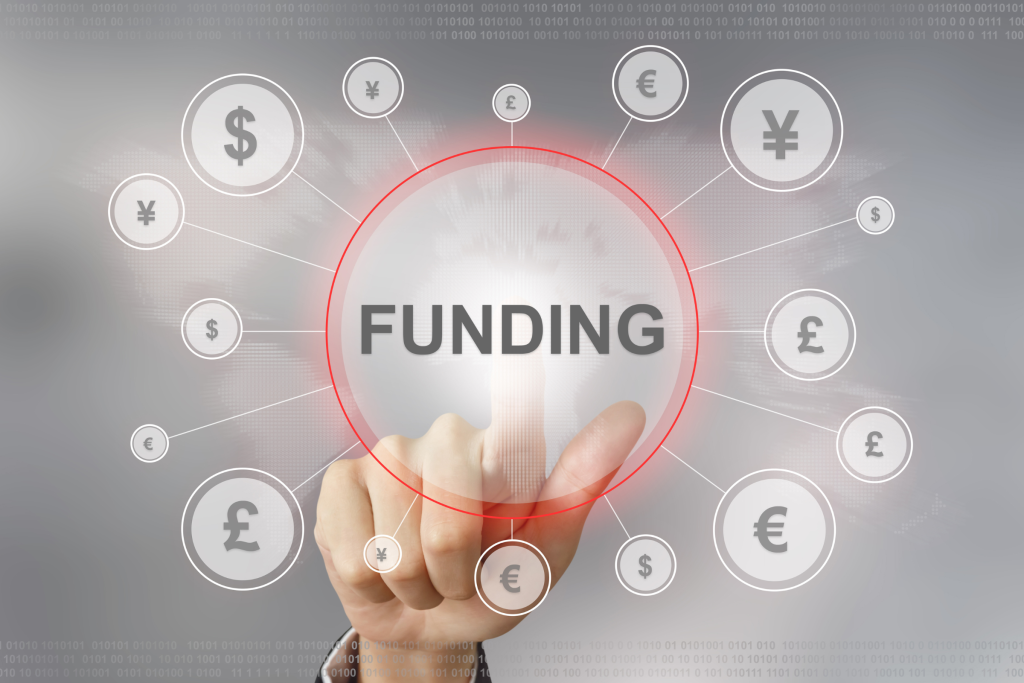When it comes to startup growth, Series A funding stands as a pivotal milestone, especially in a vibrant ecosystem like Australia. Aspiring entrepreneurs and innovative businesses seek this funding stage to scale their operations, expand their market presence, and propel their ventures toward substantial growth.
What is Series A Funding?
Series A funding marks a critical phase in a startup’s evolution where it moves beyond the initial stages of seed funding. At this juncture, businesses have usually validated their product or service and now aim to expand their market reach, invest in R&D, and strengthen their operational infrastructure. This funding round is typically led by venture capital firms or institutional investors who inject capital into promising startups in exchange for equity.
The process of securing Series A funding involves a multifaceted approach. It begins with meticulous preparation, where startups fine-tune their business model, demonstrate traction, and articulate a compelling growth strategy. Venture capitalists (VCs) scrutinise various aspects, including market potential, team capabilities, revenue projections, and scalability, to assess the viability of the investment.
The Process of Series A Funding
Startups may still need sufficient funding and revenue to fuel an expansion, even with a promising product or business model. At this stage, it seeks or is approached by venture capital (VC) or private equity (PE) firms to secure additional funding. The company furnishes potential Series A investors with comprehensive details about its business model and forecasts for future growth and revenue.
Primarily, the sought-after funds aim to fuel expansion initiatives such as hiring more personnel, programmers, sales, and support staff, as well as acquiring new office space. Additionally, these funds might also serve to compensate initial seed or angel investors.
The potential Series A investors conduct meticulous due diligence, essentially evaluating the business model and financial projections for feasibility before reaching a decision on whether to invest. Notably, this realm involves substantial risk, given the high failure rate of startups. Should they opt to invest, the specifics come into focus: the investment amount, expected returns, and other terms governing the investment.
In return for their investment, typical Series A investors secure common or preferred stock of the company, deferred stock, deferred debt, or a combination thereof. The entire investment hinges on the company’s valuation, its current worth, and how that valuation might evolve over time. Most Series A investors pursue substantial returns on their investment, often aiming for two- to three-times returns over the next few years.
The Importance of Series A Funding
Series A funding goes beyond the financial injection; it signifies validation and credibility in the market. It provides startups with the necessary resources to scale operations, hire top talent, and implement strategic initiatives. Additionally, the backing of reputable VCs often brings valuable industry expertise and networking opportunities that can be instrumental in steering the company towards success.
Examples: Successful Series A Funding Rounds in Australia
Below are some Australian firms that have landed sufficient Series A funding as of the end of FY24, compiled over GrowthList.
Honey Insurance
Insurtech startup Honey Insurance was the big hauler for H2 FY24, netting $108 million from a raft of investors, the most prominent of which was American company Gallatin Point Capital. Honey’s business model is centred on smart sensors made by US tech developer Notion to analyse a home and contents insurance policyholder’s property for maintenance issues that may affect risk assessments. Honey Insurance founder-CEO Richard Joffe said the new capital raise will help the company’s rollout of a new Insurance 2.0 offering, specifically concentrated on the local market.
Constantinople
Sydney banking operations platform Constantinople was able to amass $50m in a funding round that closed in April 2024, with Dutch tech firm Prosus’ VC arm, Square Peg Capital, Airtree Ventures, and Great Southern Bank as the prominent investors. The money will finance Constantinople’s business expansion. Square Peg, Airtree, and Great Southern previously put in $32m for Constantinople’s seed fund back in 2022. The investment is also seen as fullcircle for Great Southern, which is Constantinople’s first banking client.
Data Zoo
In May 2024, Sydney company Data Zoo announced the infusion of $35m from Ellerston Capital’s Ellerston JAADE Australian Private Assets Fund. The money will be used to further innovate Data Zoo’s ID-verification software, which is currently used by clients in over 170 countries.
Matrak Industries
Matrak, a Melbourne construction startup, announced in May 2024 that it had pooled together $2.9m from investors including Chinese VC company G&M Capital, Our Innovation Fund and former ACONEX chairman Simon Yencken. The money will fuel Matrak’s activation of a new office in the Chinese mainland, with G&M as a local partner. Matrak’s tech solutions are focused on streamlining supply chains for construction materials.
Conclusion
Series A funding enables startups to scale and solidify their position in the competitive landscape. Mastering the art of attracting investors demands a combination of a robust business model, a compelling narrative, and a visionary leadership team. Learning from successful funding rounds and understanding the intricacies of Series A financing can significantly enhance the prospects of startups aiming for growth and success in Australia’s vibrant venture capital arena.
DISCLAIMER: This article is for informational purposes only and does not replace official business finance advice. AVANTE PARTNERS has no partnerships with any VC investment firm or other businesses mentioned.


